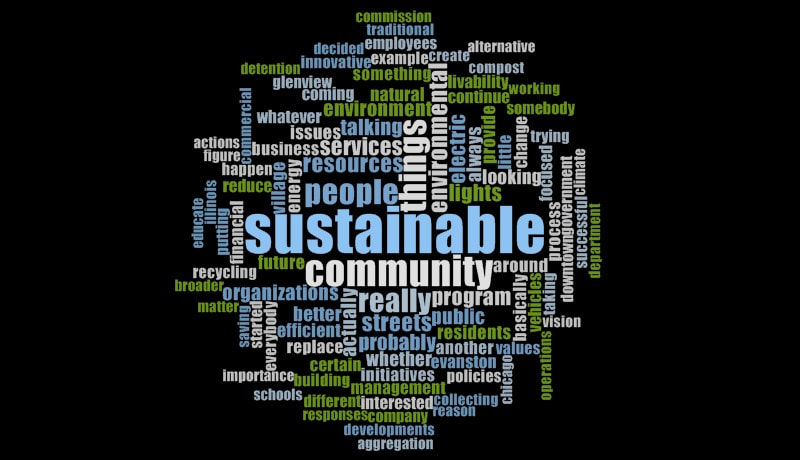|
Public administration, policy, and planning research has long suggested land use planning entails intractable value conflicts. Strategic adjustments to changing external conditions are prevalent, and comprehensive approaches are frequently touted as a way to seek stability, commitment to long-term sustainable development objectives, and the inclusive and equitable distribution of development benefits for both present and future inhabitants. Despite these objectives, the reality of sprawl and infrastructure decline in the modern metropolis appears far bleaker. Research has been mixed on how specific institutional configurations shape urban political markets for development under changing exogenous circumstances. In an article my colleagues and I just published in the Journal of Public Administration Research and Theory, we examine whether city managers are more strategic, comprehensive and inclusive in the use of land-use policy tools at three distinct time periods pre- and post-housing bubble. We employ a Bayesian inferential method underutilized in public administration research to test whether city managers are more strategic, comprehensive, and inclusive than mayors in land use decision-making. Our analysis finds evidence that, relative to mayor-council and commission forms of government, council-manager governments are (a) more strategic in land use decisions following an economic boom and bust by routinizing sustainable development practices such mixed use and impact fees; (b) more comprehensive in land use tool utilization after an economic shock; and (c) more inclusive of social equity concerns in land use choices such as greater use of incentive zoning that promotes community-wide benefits. Longevity in the position also appears to mitigate how effective managers are at advancing goals of comprehensiveness. However, managerial influence is not evident at the housing bubble’s peak, which is an important caveat to the empirical evidence on form of government. These results suggest managerial influence on the comprehensiveness of land use policy may be only detectable in periods when public focus—and the political benefits of appearing responsive—are relatively low.
3 Comments
4/19/2018 05:29:26 am
Yup, you are so true. Everyone knows that a coin is having two sides- head & tail. But for a business owner, a coin has three sides-1)Strategic management, 2)Comprehensive planning, & 3)Inclusionary values. The success of the establishment depends on these three facets. From my perspective, strategic management is highly significant, because this is what sets the goals for the business and creates right path for the attainment of those objectives. On the whole, I can say that strategic management is a coast-to-coast approach. No doubt, it is ponderous, but ultimately it is enriching.
Reply
8/5/2022 12:17:26 am
Excellent article! Longevity in the position appears to reduce managers' effectiveness in advancing comprehensiveness goals.
Reply
3/11/2023 04:17:18 am
We employ a Bayesian inferential method underutilized in public administration research to test whether city managers are more strategic, comprehensive, and inclusive than mayors in land use decision making. Thank you, amazing post!
Reply
Leave a Reply. |
AuthorI work as an Assistant Professor at the O'Neill School of Public and Environmental Affairs at Indiana University Bloomington. There, I direct the MGMT Lab. Archives
January 2023
Categories |



 RSS Feed
RSS Feed
